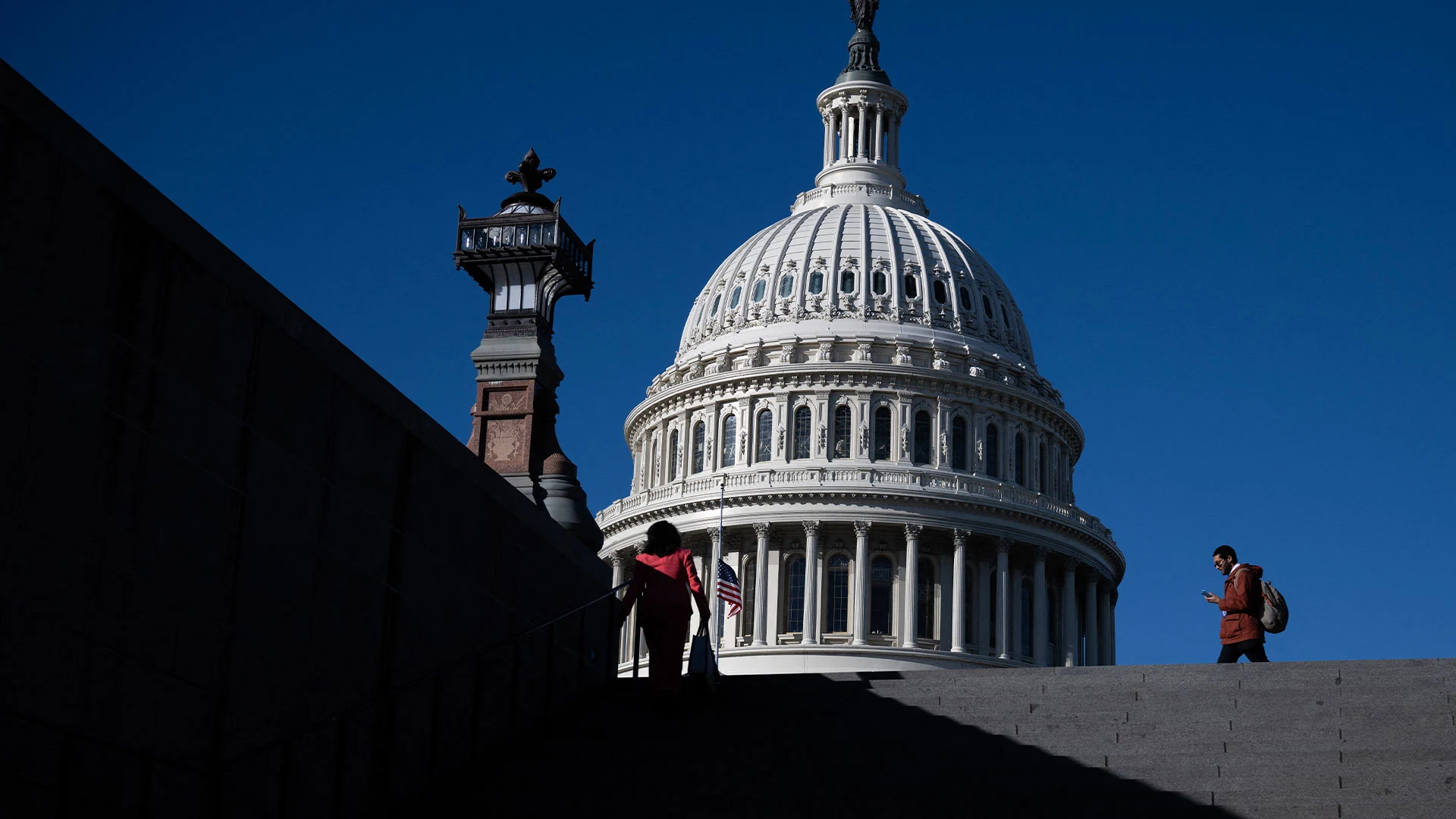
"Having some 700,000 government workers furloughed has hit consumer spending. And a subset of those workers believed they may not have a job to come back to amid efforts by the Trump administration to lay them off permanently. In fact, the University of Michigan's monthly index on consumer sentiment tumbled to a near record low in November-a level not seen since the depth of the pandemic. Because lower consumer sentiment is related to reduced spending, that has a short-term impact on retailers, too."
"And because parks and monuments have been closed throughout the shutdown, tourism activity has been down-a decline no doubt worsened by the reduction in flights enforced due to shortages in air traffic controllers. The effect was particularly pronounced in places like Washington, D.C.-one of the most popular destination for tourists-and Hawaii. This short-term effect will likely extend to secondary businesses, such as hotels."
"Estimates range, but the nonpartisan Congressional Budget Office has said that the cost to America's gross domestic product in lost productivity is in the range of $7 billion to $14 billion -and that is a cost from a self-imposed wound that will never be recovered."
The 43-day shutdown ended when Congress approved funding and the president signed it. Approximately 700,000 federal workers were furloughed, suppressing consumer spending and lowering consumer sentiment to near-pandemic lows. Closures of parks and monuments and reduced flights due to air traffic controller shortages cut tourism, hitting destinations such as Washington, D.C., and Hawaii and affecting hotels and other secondary businesses. The U.S. Travel Association warned of roughly $1 billion weekly losses for the travel industry during such an event. The Congressional Budget Office estimated $7 billion to $14 billion in unrecoverable GDP losses from lost productivity.
Read at Fast Company
Unable to calculate read time
Collection
[
|
...
]